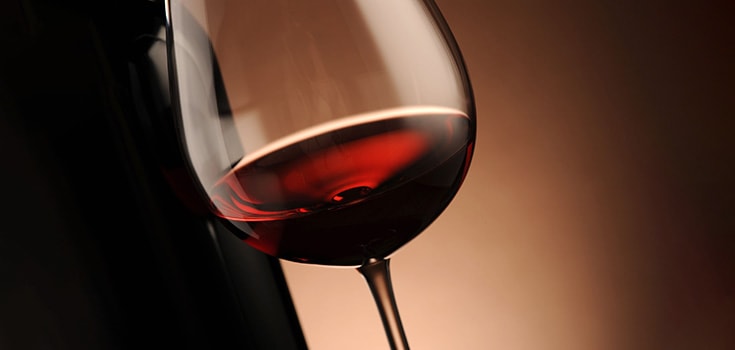Red Grapes, Red Wine Could Prevent Hearing Loss and Cognitive Decline

Studies linking red wine with numerous health benefits are not new, though neither are studies coming to opposite conclusions, admittedly. But in the last decade or so, we’ve seen numerous bodies of research indicating a wealth of potential benefits in an occasional or even regular glass of red wine.
Recently, scientists with the Department of Otolarynology-Head & Neck Surgery at Henry Ford Hospital have found the active component within red wine and grapes, known as resveratrol, may help protect against both hearing loss and cognitive decline.
“Our latest study focuses on resveratrol and its effect on bioinflammation, the body’s response to injury and something that is believed to be the cause of many health problems including Alzheimer’s disease, cancer, aging, and hearing loss,” said the study’s lead author Michael D. Seidman, director of the Division of Otologic/Neurotologic Surgery.
The researchers looked at how resveratrol could protect against hearing loss and cognitive decline thought to be caused by cyclooxygenase-2 (COX-2), a “key to the inflammatory process.” They found that noise exposure caused an up-regulation of COX-2 while resveratrol inhibited COX-2 expression and actually reduced hearing loss caused by prolonged acoustic stimulation in rats.
“COX-2 levels are induced dramatically following noise exposure … This increased expression may be a potential mechanism of noise-induced hearing loss (NIHL) and a possibly mechanism of resveratrol’s ability to mitigate NIHL by its ability to reduce COX-2 expression,” the study reads.
“We’ve shown that by giving animals resveratrol, we can reduce the amount of hearing and cognitive decline,” said Dr. Seidman.
Resveratrol is found in most concentrated levels within the skin of red grapes, which is why it is found in red wine. While the benefits of red wine due to resveratrol are suspected to be many, critics warn against using red wine as a health food.
To that end, a study last fall by researchers with Rutgers University found that just two glasses of red wine each day can actually reduce brain cell production by up to 40%. They found that although motor skills and short-term associative learning were not affected by a blood alcohol level of .08 (the legal driving limit), brain cell production was.
What does this mean for you? It likely means that resveratrol has health benefits, but the alcohol in wine could negate those benefits if consumed in larger amounts. In other words, you can get your resveratrol from red grapes and even wine, but don’t continue to drink moderately if you’re concerned about the potential negative effects.
Additional Sources:
